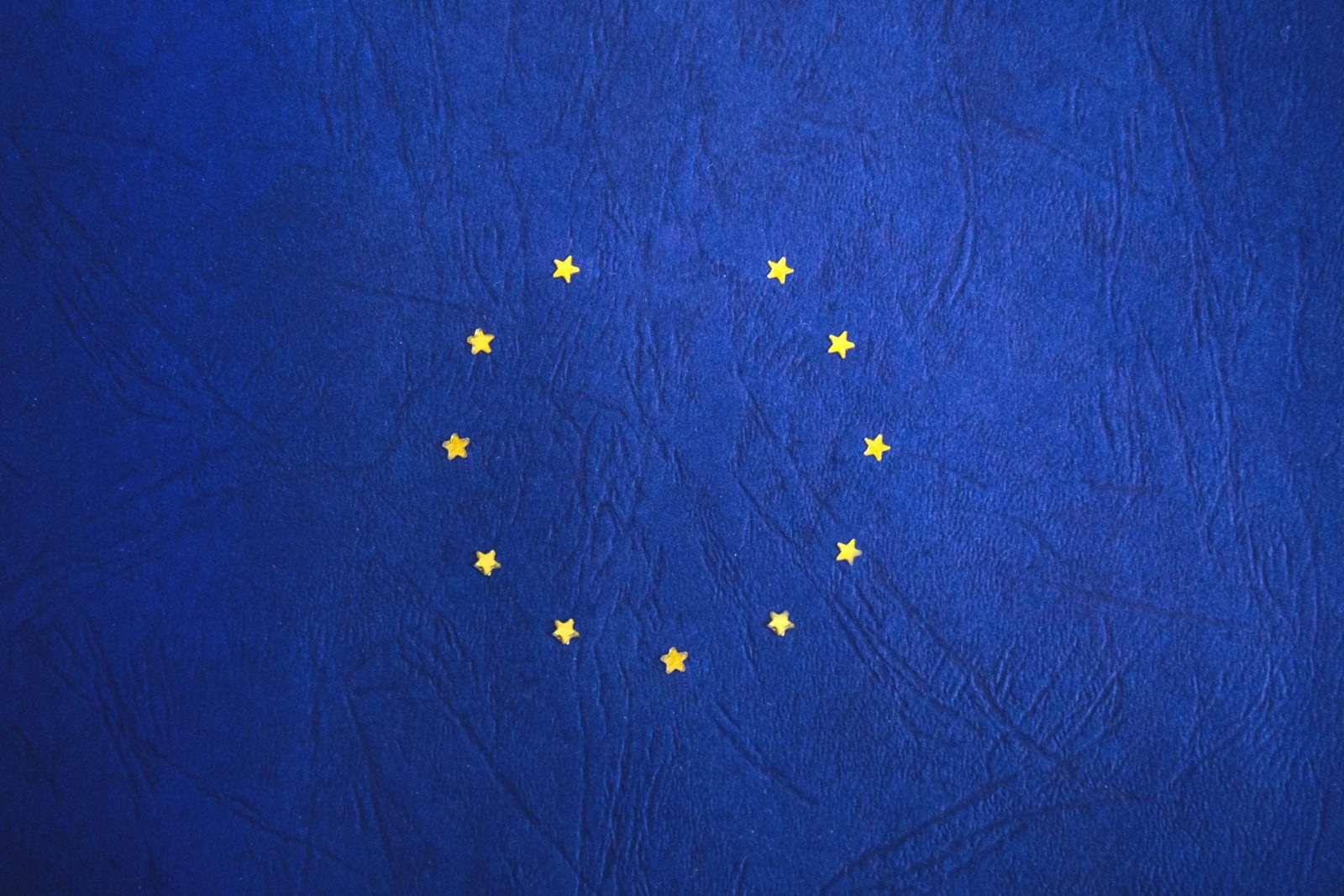The Czech Republic is one of the most optimistic countries in the European Union regarding member-state solidarity amid the covid-19 pandemic. They also have a higher-than-average favorable view of the European Union as a whole. On the other hand, they are the least inclined to wish to increase the Union’s capabilities to manage future health crises better. Czechs, more than most others, are pessimistic about their own country’s future.
Although the percentage of people who think favorably of the EU has decreased slightly during the pandemic, it is still the second-highest in the last 12 years. 48% of those polled had a favorable opinion of the EU, 35% had a neutral view, and 17% had an unfavorable idea. Last autumn, 50% of those polled were optimistic, while 14% were negative. In this regard, the Czechs are one of the more divided nations, with an above-average number of satisfied (53%) and dissatisfied (24%) citizens.
The majority of Czechs are similarly optimistic about the EU’s efforts to reduce the pandemic’s effects. Like other nations in the region, the Czechs, Hungarians, and Poles are among the happiest with member states’ mutual solidarity in the fight against Covid-19. For example, whereas 67% of Hungarians and 60% of Czechs are satisfied, only 35% of Germans are happy, and even one percentage point less of the French are delighted.
More than half of the population in all Member States supports the European Commission’s proposal to strengthen the EU’s health competencies in response to the epidemic. However, the Czechs have the lowest support. Across the EU, 74% of individuals strongly or somewhat believe that shared competencies should be expanded. The Portuguese have the most significant number of supporters (96%), while the Czech Republic has the lowest (56%).
Czechs have a much more negative perception of their own country than the rest of the EU. Three-quarters of them agree that their country is heading on the wrong path. In the EU as a whole, 57% of people evaluated their country’s developments in this way.






Leave a Reply